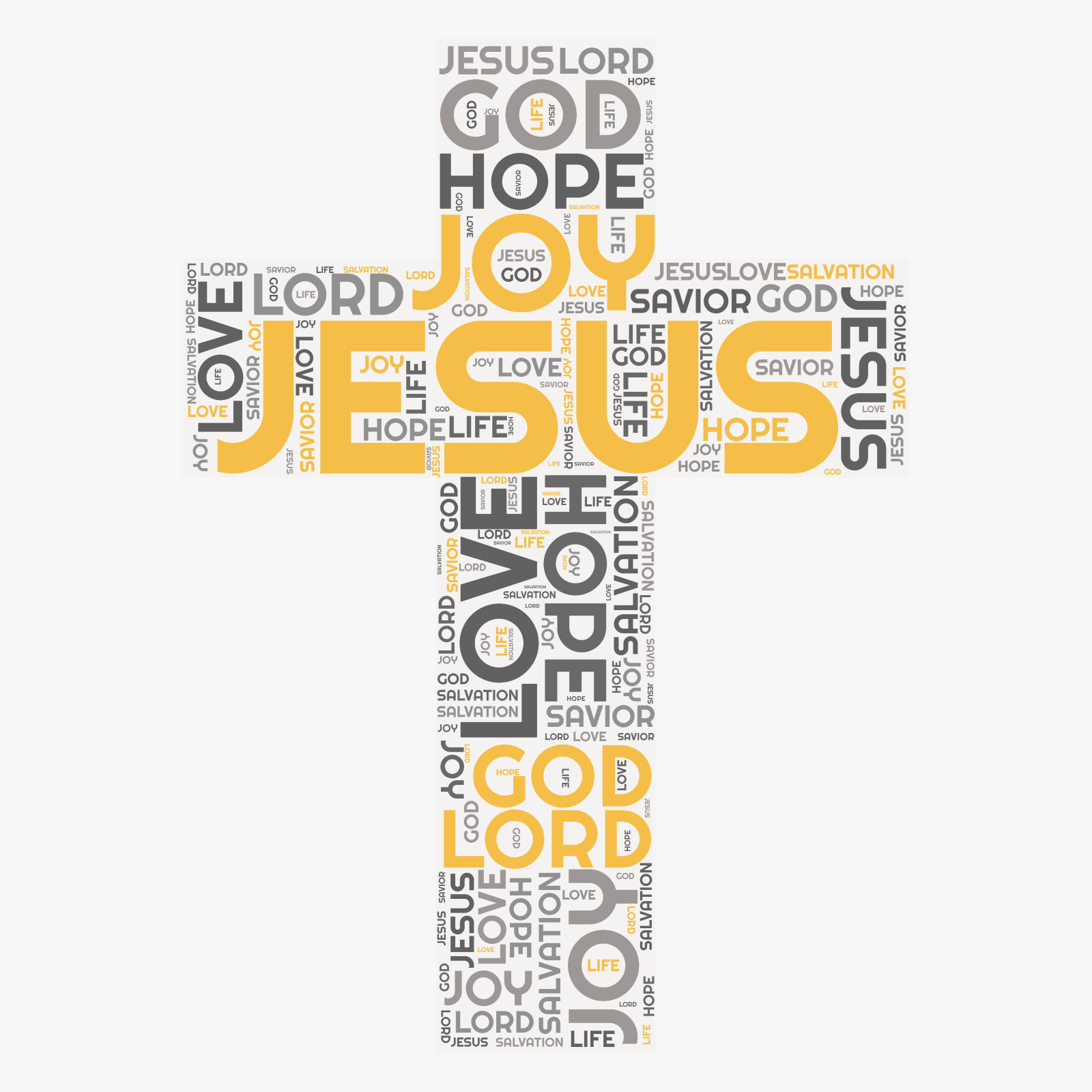Religious Education
Subject Lead: Mrs Nicola Rillie

Intent, Implementation & Impact Statement
At Weeton St Michaels, our curriculum is designed to develop children’s character, intellect and curiosity. We have high aspirations for all our children and aim to offer them a broad, challenging and engaging curriculum. It is our aim, that by the time children leave our school they will:
• Be kind, confident, well-mannered, thoughtful members of society who embody our Christian values.
• Be ambitious for their futures.
• Have a love of learning.
• Respect each other regardless of race, religion, ethnicity, culture, gender, disability and wealth.
• Be courageous advocates for the causes they believe in.
Intent
We believe that RE is a core element of a child’s learning for life. It enables children to learn from and about religion. It equips children to interact with others and understand different Worldviews that may be different to their own views. RE helps us to appreciate the meaning religion and faith has for different people and how this shapes their lives and behaviour. It also supports our Christian ethos of loving and caring for one another as Jesus loves us. Our curriculum is designed to encourage creativity, enquiry, debate, discussion, research and independence. Our curriculum is inclusive to all.
Implementation
Religious Education is a statutory subject for all children. Parents have the right to withdraw their child from all or part of Religious Education. We follow the Diocese of Blackburn, Questful RE curriculum. Questful RE, promotes the explicit teaching of Christian concepts and God’s big salvation story, therefore the content of this syllabus gives pupils a deeper understanding of Christianity. Through an open investigative enquiry approach, pupils are given the opportunity to explore major religions and world views. The syllabus promotes the explicit teaching of Christian concepts and God’s big salvation story; therefore, the content of this syllabus gives pupils a deeper understanding of Christianity. The large number of questions included in each unit is a key feature of the syllabus. As pupils explore these questions they will discover more about themselves, their relationships with others, their relationship with the world around them and their relationship with God.
EYFS
In the Early Years Foundation Stage curriculum, children learn about Christianity and other beliefs, cultures and celebrations throughout the year. This study reflects the local and national diversity but also a global worldwide view.
RE is taught weekly along with termly enrichment experiences where our curriculum is further improved through visits, discussion, creativity and research. Children’s progress is half termly assessed use Lancashire CLIPS to inform planning and forms part of our termly parent progress meetings and end of year reports.
This progress is based on expected outcomes in the Agreed Syllabus. Our high quality RE curriculum draws together different types of knowledge. Substantive knowledge being the knowledge of religions and traditions and practices and subject specific concepts. Disciplinary knowledge which looks at the ways of knowing this knowledge and finally Personal Knowledge where children build an awareness of their own ideas and values. Assessment is used as a formative tool to ensure any misconceptions are identified and as a summative tool to ensure knowledge is maintained in children’s long-term memory.
Children with Special Educational Needs and Disabilities
Our Religious Education curriculum is inclusive and ambitious for all learners and we expect that all children should be successful, regardless of any special educational need. All learners are given full access to the RE curriculum. Class teachers will adapt teaching input and provide additional support through scaffolding for any child who requires support. Class teachers are supported by our SENDCo, in meeting the needs of all learners and pupil passports provide teachers will learning strategies for specific pupils.
More Able Children
Teachers may identify children as more able in Religious Education, either through end of unit summative assessments or through observation in lessons and formative assessments. In Religious Education, we may identify a child as more able if they:
- show high levels of insight into, and discernment beyond, the obvious and ordinary
- make sense of, and draw meaning from, religious symbols, metaphors, texts and practices
Impact
Weeton St. Michael’s RE curriculum results in achieving a culture of understanding, respect and tolerance for each other and for wider beliefs and cultures. Pupils increase their knowledge and understanding of Christianity and other world religions. They know about the influence of Christianity and world religions on individuals and communities The pupils develop skills of enquiry and research through the use of questioning, language and vocabulary and skills of reflection, empathy, analysis and evaluation. Children are equipped for their future journey through life as citizens of an ever-changing world.
